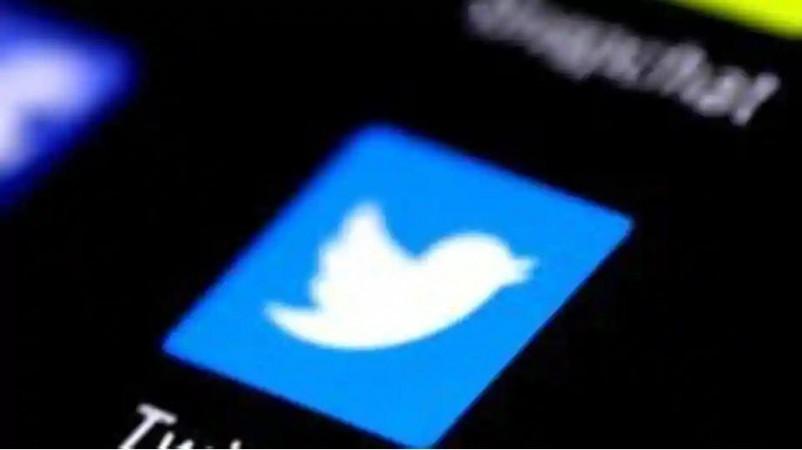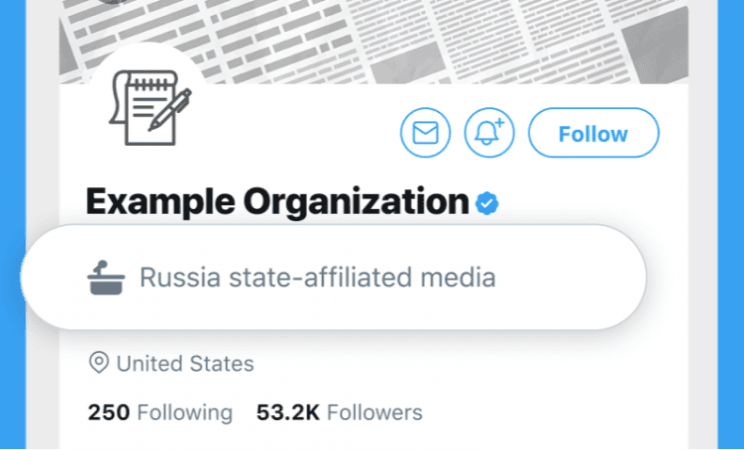
Twitter is constantly making efforts to condense political influence on its platform. In its latest effort to help millions of users make informed decisions, Twitter is labeling accounts of state-controlled media and government officials to make them easily identifiable.
The new labels will be for key government officials, including foreign ministers, institutional entities, ambassadors, official spokespeople, and key diplomatic leaders. In addition, the labels will be tagged on state-affiliated media entities, their editors-in-chief, and/or their senior staff, Twitter said. Twitter further said the labels serve a purpose so the political reach is earned and not bought. Twitter will also stop amplifying tweets from state-affiliated media accounts but it won't affect the account's visibility to its followers.
"Twitter provides an unmatched way to connect with, and directly speak to public officials and representatives. This direct line of communication with leaders and officials has helped to democratize political discourse and increase transparency and accountability" the company wrote in the blog post on Thursday.

How do these labels work?
The labels are currently applied to accounts in China, France, Russia, the United Kingdom and the United States, but more countries will be added in the future. Twitter labels can already be found on some accounts, such as China Xinhua News and People's Daily Chin have "China state-affiliated media" label RT and Sputnik have "Russia state-affiliated media."
Twitter's labels have exceptions to media organizations that have an editorial code despite government funding. They include accounts such as BBC and NPR, which won't be labeled.
Twitter's move follows Facebook and YouTube's lead, which had the labels since June and 2018, respectively. But Twitter went a step further to stop amplifying state-affiliated media.















